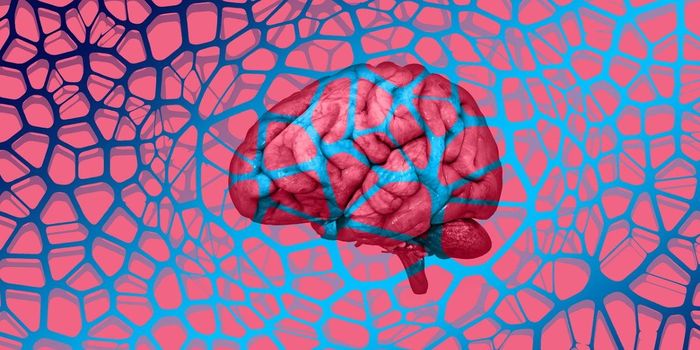What the Night Shift Does to Your Internal Clock
While millions of people work night shifts, the default for the body and the brain is based on a more traditional schedule. The normal Circadian rhythm of being awake during the day and asleep at night is normal for most people, so when work or other responsibilities require overnight shift work, the brain is getting confusing input.
Metabolism is also adversely affected, with gut bacteria and metabolites being off kilter when people work overnight. These disruptions put shift workers at a higher risk for kidney disease, diabetes, obesity, and strokes.
Researchers at Washington State University (WSU) along with colleagues at the University of Surrey in England published their work recently in the Proceedings of the National Academy of Science and it challenges the long-held belief that the brain, thought to be the "master clock" of the body, is responsible for the health effects of shift work. The new study shows that it's more about other parts of the body that have their own biological clocks (referred to as peripheral oscillators) and that the liver, gut an pancreas all play a significant role in regulating the body's sleep-wake rhythms.
Healthy volunteers that took part in the study were divided into two groups. The first was put on a day schedule and allowed to sleep between 10 pm, and 6 am. The second group was kept awake from 10 pm to 6 am and allowed to sleep during the day. Blood samples were taken, and tests conducted that showed levels of metabolites from food. A metabolite is the product of a chemical reaction that occurs when food is digested. Meal times were scheduled for both groups, but in the group that was awake at night, the timing of the gut microbiome was off by about 12 hours. Changes in the sleeping and waking patterns, actually changed how the body digested food, but not on the same schedule as the brain. The brain was about two hours off compared to the group that slept at night and was awake during the day.
Rhythms in the digestion of food usually follow a similar path, at least in those who have traditional schedules. Comparing the digestion times for shift workers to that pattern showed a disruption in metabolic processes in cells and major organs. The brain was a bit behind as well, but not by as much, which showed the researchers that regarding controlling the body, the biological clock of the brain was not the only factor.
Co-senior author Hans Van Dongen is the director of the WSU Sleep and Performance Research Center and a professor in the Elson S. Floyd College of Medicine. He explained, "No one knew that biological clocks in people's digestive organs are so profoundly and quickly changed by shift work schedules, even though the brain's master clock barely adapts to such schedules. As a result, some biological signals in shift workers' bodies are saying it's day while other signals are saying it's night, which causes disruption of metabolism."
The study took a week of participants' time spending it at the sleep lab. Outside influences were controlled, the volunteers ate and slept on specific schedules and were given identical snacks at precise intervals. The investigators measured levels of 132 different metabolites produced by the liver, gut, and pancreas and found that 27 of them followed a specific 24-hour pattern. In 24 of these, the pattern shifted by twelve hours, but the brain's adjustment was only shifted by about two hours. The study found significant pattern shifts in two metabolites involved in chronic kidney disease, tryptophan, and kynurenine. The team believes their research is the first to see a conclusive link between shift work and kidney problems. More information can be found in the video included below, take a look.









